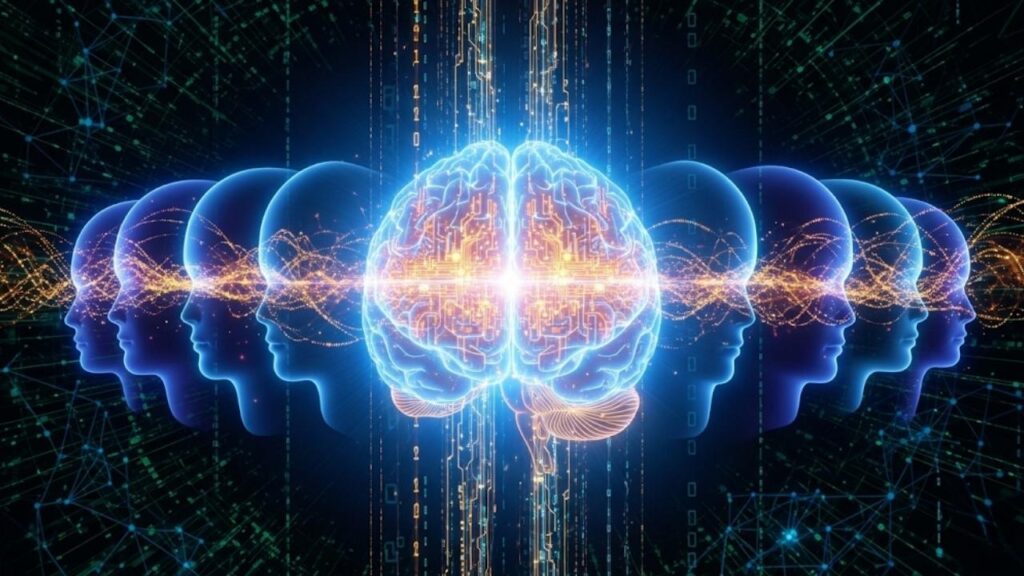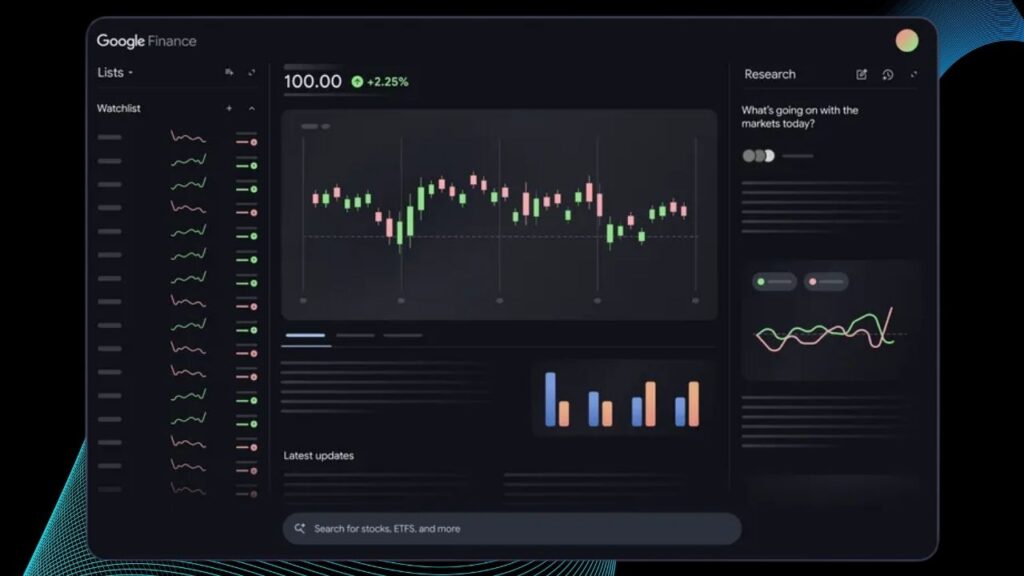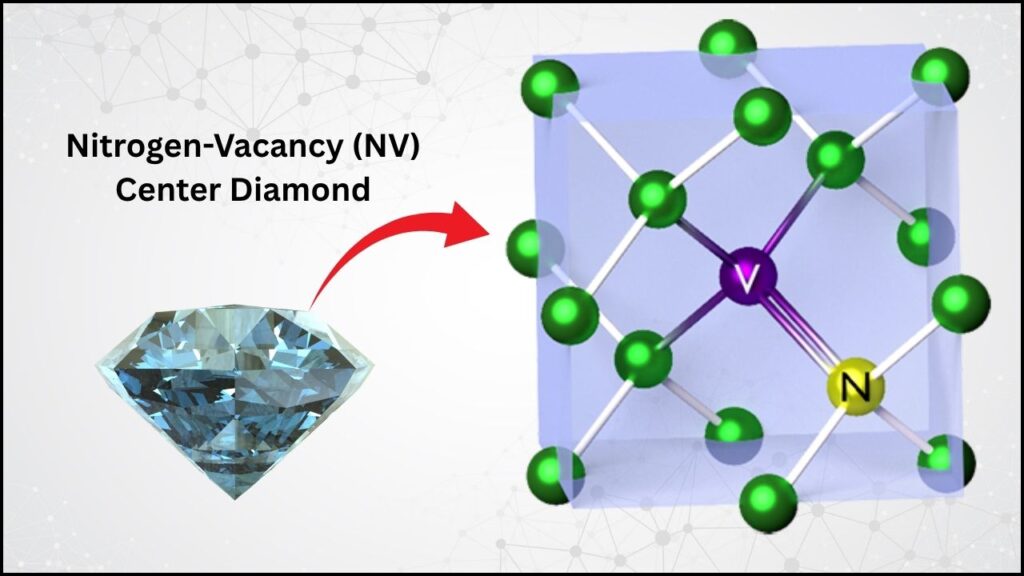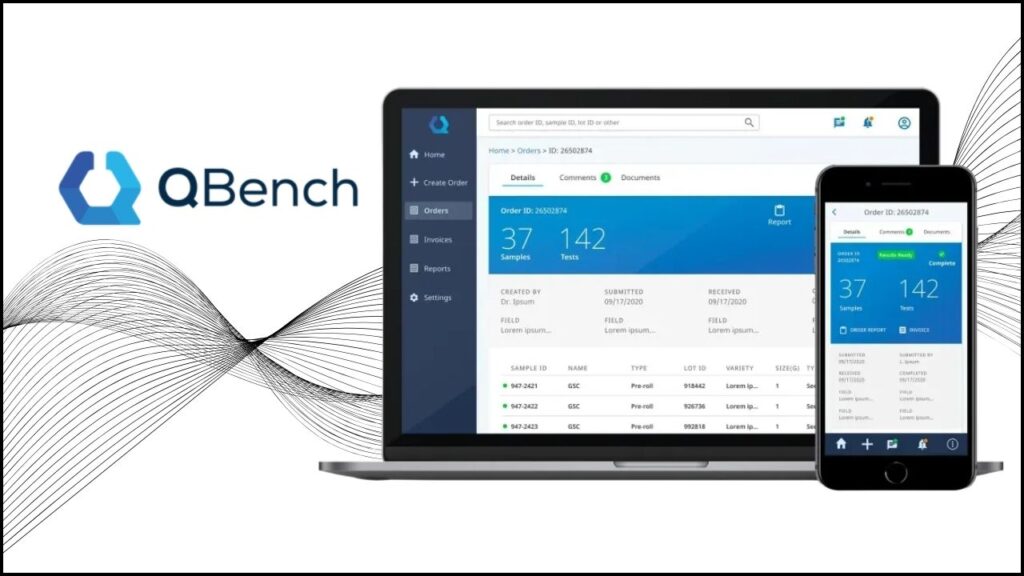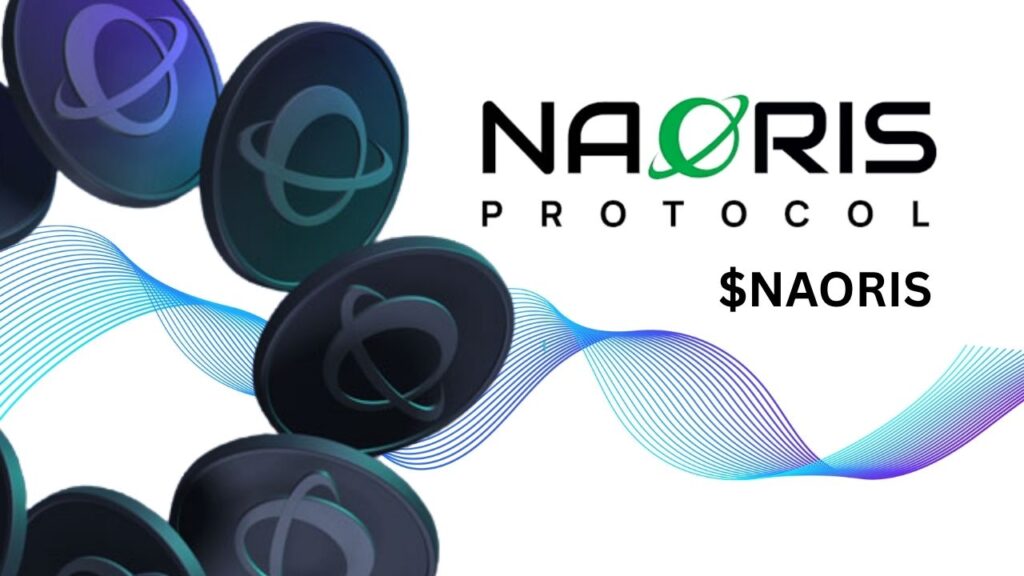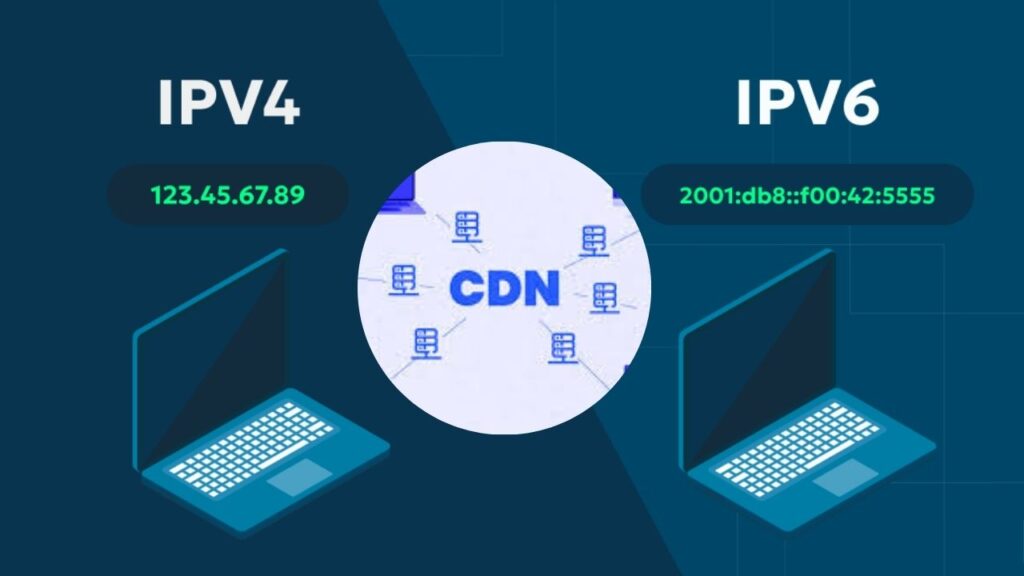Quantum measurement tests challenge traditional notions of time order—a statement that is reshaping our understanding of physics and the very fabric of reality. For decades, scientists believed that if you measured something carefully enough, the order in which you made your measurements would not matter. This principle, known as time-order invariance, is a cornerstone of classical physics. However, new research in quantum mechanics is showing that, in the quantum world, the sequence of measurements can dramatically affect the results. This revelation is not only fascinating but also crucial for the future of quantum technology and our grasp of the universe.
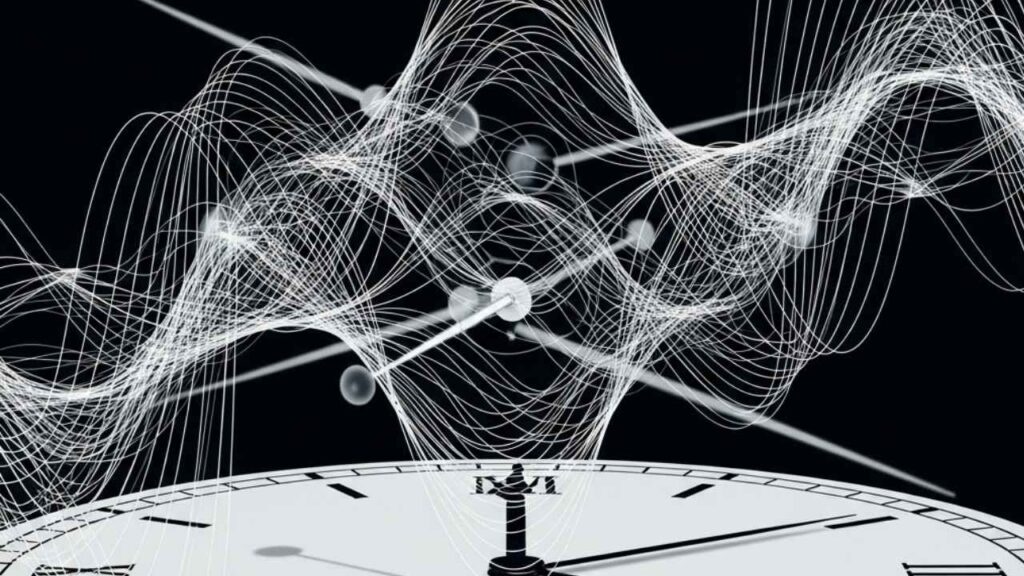
Let’s dive into what this means, how scientists discovered it, and why it matters for both beginners and professionals in the field.
Table of Contents
Quantum Measurement Tests Challenge Traditional Notions of Time Order
| Topic | Details |
|---|---|
| Main Finding | Quantum measurements can violate time-order invariance; the sequence of measurements affects outcomes in quantum systems. |
| Significance | Overturns classical assumptions, showing measurement order can matter even when disturbance is minimized. |
| Experimental Evidence | Confirmed using publicly accessible quantum computers (IBM Quantum, IonQ) with weak measurement protocols. |
| Implications | Impacts quantum computing, metrology, and fundamental physics; suggests measurement shapes quantum reality. |
| Professional Relevance | Essential for quantum engineers, physicists, and anyone working on quantum technologies or theory. |
| Official Resource | Quantum Zeitgeist |
The discovery that quantum measurement tests challenge traditional notions of time order is a milestone in modern physics. It reveals that, in the quantum world, the order in which we observe things can change reality itself. This insight is not just a philosophical curiosity—it has practical consequences for quantum technology, computing, and our understanding of the universe.
As quantum research accelerates, professionals and enthusiasts alike need to stay informed about these paradigm-shifting discoveries. Whether you’re building quantum computers, developing new sensors, or simply fascinated by the mysteries of time, the implications of these experiments will shape the future of science and technology.
What Is Time-Order Invariance?
Time-order invariance is the idea that the order in which you perform measurements on a system does not affect the final results, as long as you don’t disturb the system too much. In classical physics, this is almost always true. For example, if you weigh a book and then measure its length, or do it the other way around, you’ll get the same results.
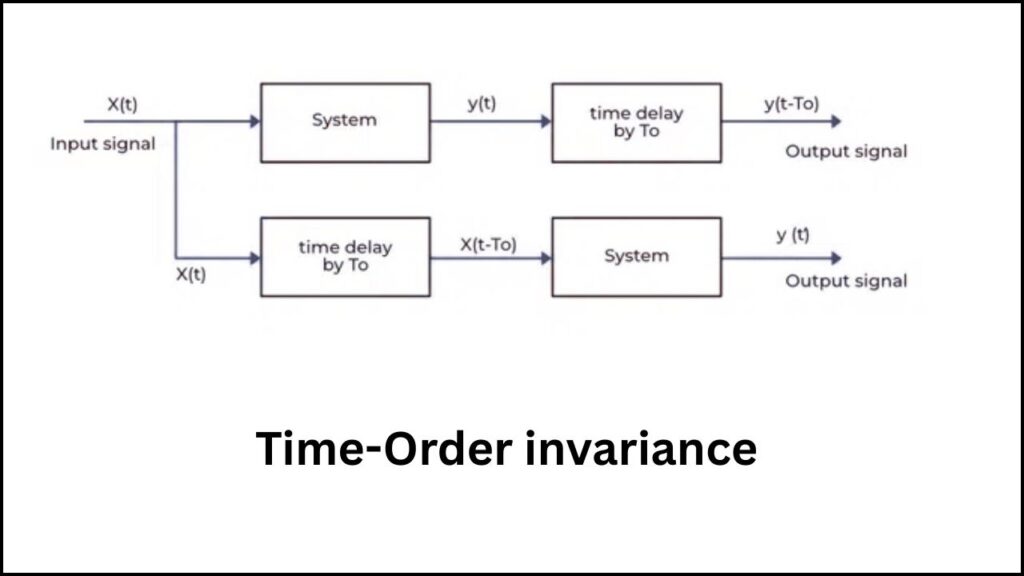
But in the quantum world, things are not so straightforward. Quantum particles, like electrons or photons, can exist in multiple states at once—a phenomenon known as superposition. When you measure a quantum property, you “collapse” this superposition into a single outcome. If you measure two properties that are incompatible (meaning they can’t both be known precisely at the same time), the order in which you measure them can change the results.
A Simple Quantum Example
Imagine a magical coin that can be both heads and tails at once. If you measure whether it’s heads or tails, you force it to pick one. But if you first measure whether the coin is spinning clockwise or counterclockwise, you might affect the outcome of your heads/tails measurement. In quantum mechanics, this is not just a thought experiment—it’s reality.
How Recent Experiments Changed the Game
The Breakthrough Discovery
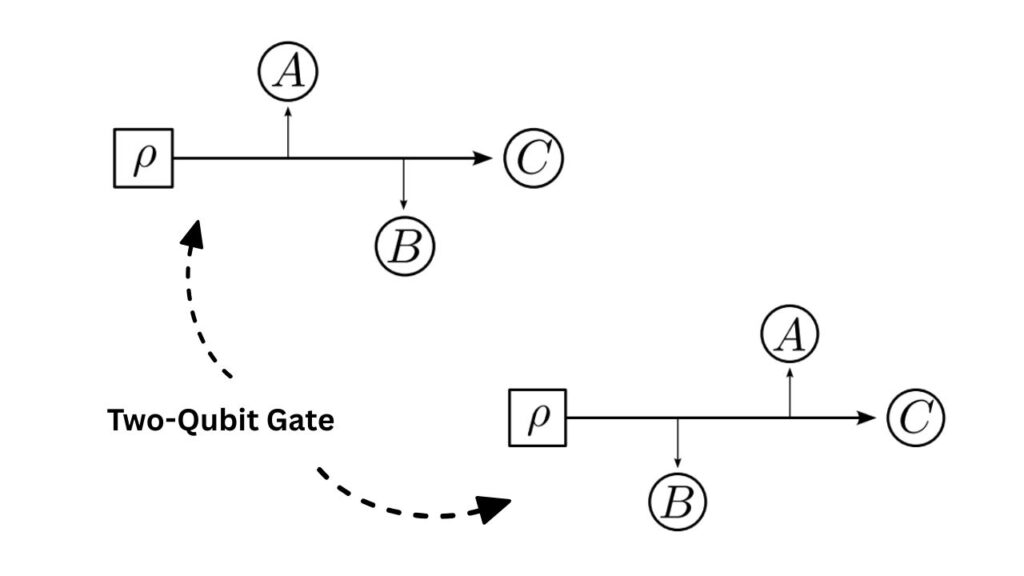
A team of researchers, including Tomasz Rybotycki, Tomasz Białecki, and Josep Batle, conducted experiments using publicly accessible quantum computers to test if time-order invariance holds in quantum systems. They designed special protocols to measure quantum bits (qubits) in ways that disturb them as little as possible, using a technique called weak measurement.
What Are Weak Measurements?
- Weak measurements are gentle probes that aim to extract information from a quantum system without causing it to collapse completely.
- They use an extra “detector” qubit to softly interact with the system, producing a signal proportional to the measurement’s strength.
- The goal is to minimize disturbance, so if classical intuition held, the order of measurements should not matter.
The Surprising Result
- When measuring just two properties, the order didn’t matter.
- With three or more measurements, the order changed the outcome, even though each measurement was weak and minimally disturbing.
- This observation violates classical expectations and confirms that quantum systems can behave in ways that defy our everyday logic.
How the Experiments Were Conducted
Researchers used two protocols:
- One involving a single two-qubit gate.
- Another using two two-qubit gates.
Both protocols allowed them to non-invasively measure two incompatible properties on a qubit. The experiments were run on ten qubit sets across five IBM Quantum devices and one IonQ device. In almost all cases, the team observed violations of time-order invariance and the Leggett-Garg inequality—a key test for whether quantum systems behave like classical objects. These violations exceeded five standard deviations, which is a strong statistical signal that the effects are real and not due to random chance.
The researchers also confirmed that their weak measurement approach was genuinely non-invasive by comparing the results to those from traditional, more disruptive (projective) measurements. The differences were clear and consistent with quantum theory.
Why Does This Matter?
1. Foundations of Physics
The discovery challenges the Leggett-Garg inequality, which is supposed to be satisfied by any system that behaves classically. Its violation means that quantum systems don’t always have definite properties independent of how or when we look at them. This supports the idea that measurement itself plays an active role in shaping quantum reality.
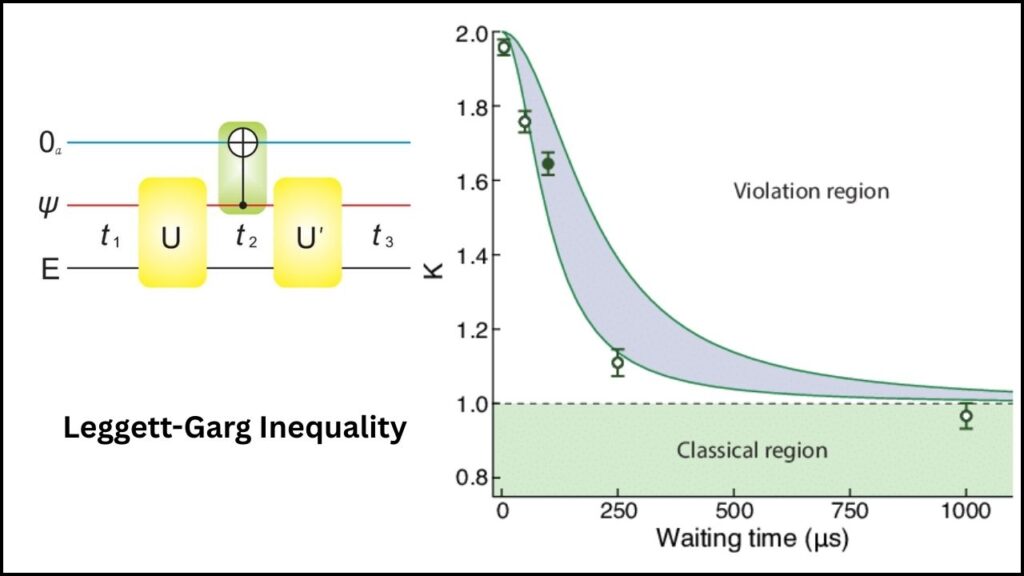
2. Quantum Computing
For quantum engineers, the findings are crucial. Quantum computers process information using sequences of quantum operations and measurements. If the order of these measurements can affect the results, it means quantum algorithms must be designed with even greater care. Understanding and controlling these effects is essential for building reliable and powerful quantum computers.
3. Metrology and Sensing
Quantum measurement is the heart of quantum metrology—the science of making ultra-precise measurements using quantum effects. Knowing that time-order can matter helps researchers design better experiments and interpret their results more accurately, potentially leading to breakthroughs in measurement sensitivity.
4. Philosophy and Causality
If measurement order can affect outcomes, it raises deep questions about cause and effect in the quantum world. Some physicists are now exploring whether time itself might be fundamentally different at the quantum level, perhaps even “fuzzy” or not strictly linear.
How Do Scientists Test Time-Order in Quantum Systems?
Step 1: Prepare a Quantum System
- Use qubits (quantum bits) in a controlled state.
- Public quantum computers, like IBM Quantum and IonQ, allow researchers worldwide to design and run these experiments remotely.
Step 2: Design Weak Measurement Protocols
- Set up a sequence of measurements using weak interactions to minimize disturbance.
- Use ancillary qubits as gentle detectors.
Step 3: Vary the Order of Measurements
- Run the same set of measurements in different orders.
- Compare the outcomes to see if the order makes a difference.
Step 4: Analyze the Data
- Look for statistically significant differences between different measurement orders.
- Use mathematical models to confirm that the effects are genuinely quantum, not experimental errors.
Real-World Applications and Professional Advice
For Quantum Engineers and Physicists
- Don’t assume measurement order is irrelevant—especially for sequences of three or more incompatible measurements.
- Design experiments and algorithms carefully, considering potential time-order effects.
- Leverage weak measurement techniques to probe quantum systems with minimal disturbance, but remember that some quantum effects can’t be eliminated just by making measurements weaker.
- Stay current with research—as quantum technologies evolve, understanding these foundational issues will be key to building reliable devices.
For Students and Enthusiasts
- Explore public quantum computing platforms to run your own experiments.
- Study the basics of quantum superposition, entanglement, and measurement theory.
- Follow reputable sources and academic publications to keep up with the latest discoveries.
Theoretical Insights: Time, Clocks, and Quantum Reference Frames
Recent theoretical work suggests that our very concept of time might need revisiting in the quantum realm. For example, the Page-Wootters formalism explores how time could emerge from quantum correlations between systems and clocks. When clocks themselves are quantum, the temporal order of events can become fundamentally uncertain. This means there may be limits to how sharply we can define “before” and “after” in quantum experiments, especially when using non-ideal clocks or finite resources.
Some researchers propose that in a world where time is fundamentally discrete, traditional notions of causality and time-ordering could be restored. But in continuous quantum systems, these new findings highlight the need to rethink how we describe the flow of time and the sequence of events.
New Discovery in Atomic Physics Could Unlock Powerful Quantum Behaviors in Ultra-Cold Matter
Time May Not Be What We Think—Quantum-Scale Study Challenges Fundamental Physics
Physicists Recreate Extreme Quantum Vacuum Conditions in the Lab — A New Era for Particle Physics
FAQs About Quantum Measurement Tests Challenge Traditional Notions of Time Order
What is time-order invariance?
Time-order invariance is the principle that the order in which measurements are made does not affect the outcome, as long as the measurements don’t disturb the system too much. This is true in classical physics but can fail in quantum systems.
What are weak measurements?
Weak measurements are gentle probes of a quantum system that aim to extract information without causing the system to collapse into a definite state. They’re used to study quantum systems with minimal disturbance.
Why does the order of quantum measurements matter?
In quantum mechanics, especially when measuring incompatible observables, the order of measurements can change the outcome. Each measurement can subtly alter the system’s state, even if the disturbance is minimized.
How does this affect quantum computing?
Quantum algorithms often involve sequences of measurements. If the order affects the outcome, engineers need to account for this when designing and debugging quantum circuits.


